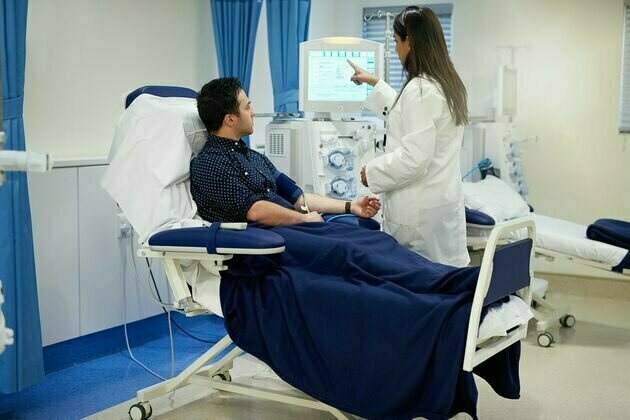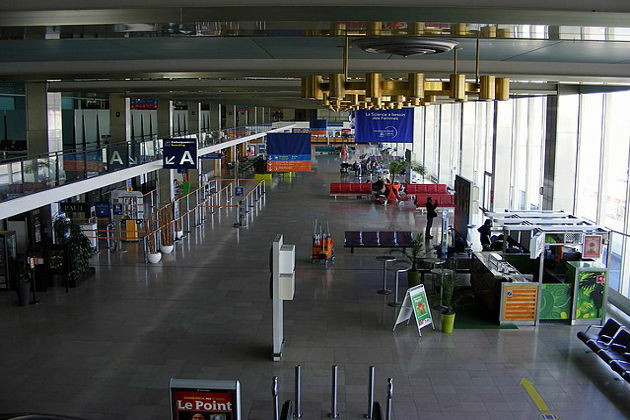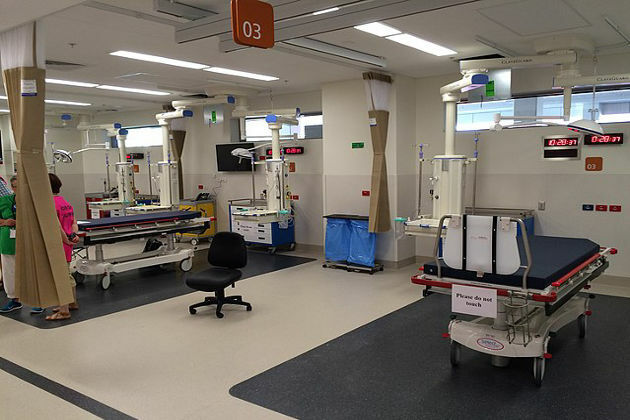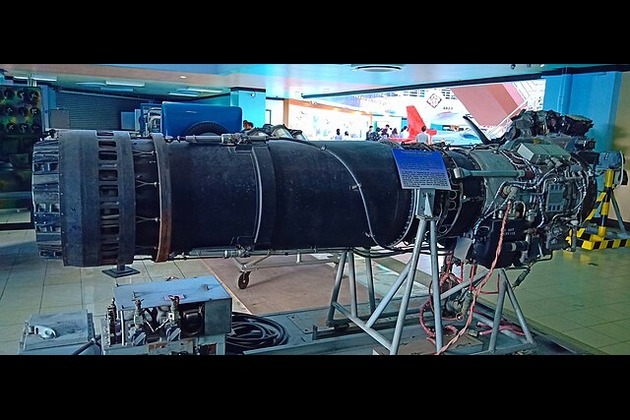Why many kidney patients are still choosing hospital dialysis - and how the NHS can help more people access care at home
The Conversation
08 Jul 2025, 17:11 GMT+10

Every week, thousands of people with kidney disease in the UK spend long hours in hospital receiving life-saving dialysis. For many, this means travelling to a kidney unit three times a week and sitting through sessions that last four hours or more. It's a huge commitment that affects people's ability to work, travel and maintain a normal social life.
But for many with kidney failure, there's another option: dialysis at home. It's more flexible, often less disruptive and, in the long run, more cost-effective for the NHS. So why do most people still choose hospital dialysis?
A parliamentary summit in May reflected on how to make dialysis more accessible to patients at home. My colleagues and I published research on this topic in 2019. Working in partnership with people who have kidney disease, their families, NHS staff, dialysis providers and kidney charities, we explored the barriers to home dialysis, and how to overcome them.
People with kidney failure need either a transplant or regular dialysis to filter waste from their blood. Despite NHS guidance that at least 20% of people on dialysis should be supported to have this treatment at home, this target isn't being met in many parts of the UK.
Our research team, which included people who had experienced dialysis, held discussions with 50 people from across Wales. Many told us that hospital dialysis was presented by healthcare staff as the default option. For those who had not yet come to terms with needing dialysis, or who had delayed planning due to the unpredictable nature of kidney disease, hospital treatment felt like the path of least resistance.
Some were concerned about the disruption home dialysis might bring. This included changes to their living space or worries that partners or family members might become their carers. Others valued the routine and regular social contact of hospital dialysis.
Healthcare professionals may unintentionally reinforce this choice. Some feel more comfortable monitoring patients in clinical settings or are unsure about how to support home dialysis effectively. In some cases, home dialysis isn't an option because local services don't have the infrastructure to support it.
Rather than simply identifying problems, we worked together to develop practical solutions. In 2021, working with patients, healthcare professionals, charities, commissioners and industry, we devised a new service plan that outlines how kidney services could be redesigned to support more people to choose home dialysis.
One important finding was the power of talking to others already doing it. It's not just about practical advice, but reassurance that it can work.
We also identified the need for better training for both professionals and patients. People told us they wanted to understand their options earlier, ideally a year before dialysis starts. That means tackling difficult topics, such as advance care planning, sooner and with the right support.
Social care also has an important role to play. People with complex needs - like living alone, having mobility challenges, or experiencing financial hardship - may need home support, welfare advice or help navigating the system.
In a linked study, published in 2022, we analysed the costs of different dialysis options. Home dialysis was found to cost between Pound 16,000 and Pound 23,000 per person per year.
Hospital dialysis costs more, between Pound 20,000 and Pound 24,000, rising to over Pound 30,000 when ambulance transport is needed. This suggests that encouraging more people to have dialysis at home could deliver savings for the NHS.
In Wales, where all kidney services are coordinated through a single clinical network, home dialysis is more widely available. But in England, services are more fragmented, so access can depend on where you live.
Even if these changes were implemented, fundamental issues may still prevent progress. Beneath the surface of patient satisfaction lies a deeper problem - the NHS dialysis service is no longer working as intended.
Transport is one of the most frequently cited concerns among people receiving hospital dialysis, and no one seems satisfied with current arrangements. But satisfaction surveys fail to capture the complexity of the situation.
People often begin dialysis in a unit that isn't closest to home due to availability. Later, when given the option to move closer or switch to home dialysis, they may decline. These dialysis units begin to function as surrogate families, offering comfort, routine and social interaction, especially for people who live alone or are isolated.
This emotional connection can obscure the bigger picture. Patients may focus on transport as the issue, rather than recognising that their own decisions - shaped by understandable human needs and system design - are part of the wider challenge.
Staff are caught in the same dynamic. They worry about losing patients they've built relationships with or fear someone may not cope alone. But as a result, the service ends up operating not to help people live well for longer but to preserve a sense of satisfaction with a suboptimal status quo.
By focusing too heavily on keeping people content with the status quo, we risk obscuring what's truly working, or not. Worse, we may end up wasting already limited resources trying to fix problems that are byproducts of a system shaped more by sentiment than strategy.
Meanwhile, staff are caught in the middle, trying to deliver care under mounting pressure, with increasingly blurred expectations.
To break out of this cycle, different questions should be asked, and not just whether people are satisfied, but whether they are living well, maintaining independence and receiving care that truly reflects their needs and values.
Our research shows that people already on home dialysis are a valuable and underused resource. They can offer support and insight to others who are starting their treatment.
The collaborative approach we used could be a model for other parts of the NHS. By designing services with people, not just for them, we can move closer to a future where more people live comfortably with kidney disease, and care that truly fits around their lives and not the other way round.
 Share
Share
 Tweet
Tweet
 Share
Share
 Flip
Flip
 Email
Email
Watch latest videos
Subscribe and Follow
Get a daily dose of Massachusetts Sun news through our daily email, its complimentary and keeps you fully up to date with world and business news as well.
News RELEASES
Publish news of your business, community or sports group, personnel appointments, major event and more by submitting a news release to Massachusetts Sun.
More InformationInternational
SectionU.S. Treasury Secretary says Musk should steer clear of politics
WASHINGTON, D.C.: Elon Musk's entry into the political arena is drawing pushback from top U.S. officials and investors, as his decision...
TikTok building U.S.-only app amid pressure to finalise sale
CULVER CITY, California: TikTok is preparing to roll out a separate version of its app for U.S. users, as efforts to secure a sale...
Trump defends use of 'Shylock,' citing ignorance of slur
WASHINGTON, D.C.: President Donald Trump claimed he was unaware that the term shylock is regarded as antisemitic when he used it in...
Summer travel in chaos as French air traffic controllers walk off job
PARIS, France: A strike by French air traffic controllers demanding improved working conditions caused significant disruptions during...
Congress weighs Medicaid cuts, sparking alarm in small-town hospitals
OMAHA, Nebraska: With Congress considering cuts totaling around US$1 trillion to Medicaid over the next decade, concerns are rising...
Gas station blast injures 40 in Rome, kids narrowly escape
ROME, Italy: Quick thinking by emergency responders helped prevent greater devastation after a gas station explosion in southeastern...
Business
SectionBeijing blamed for covert disinformation on French fighter jet Rafale
PARIS, France: French military and intelligence officials have accused China of orchestrating a covert campaign to damage the reputation...
Birkenstock steps up legal battle over fakes in India
NEW DELHI, India: Birkenstock is stepping up its efforts to protect its iconic sandals in India, as local legal representatives conducted...
Beijing hits back at EU with medical device import curbs
HONG KONG: China has fired back at the European Union in an escalating trade dispute by imposing new restrictions on medical device...
Wall Street reels after Trump invokes new tariffs
NEW YORK, New York - Monday's trading session saw mixed performances across U.S. and global markets, with several major indices posting...
Trump admin allows GE to restart engine sales to China’s COMAC
WASHINGTON, D.C.: The U.S. government has granted GE Aerospace permission to resume jet engine shipments to China's COMAC, a person...
Saudi Aramco plans asset sales to raise billions, say sources
DUBAI, U.A.E.: Saudi Aramco is exploring asset sales as part of a broader push to unlock capital, with gas-fired power plants among...













